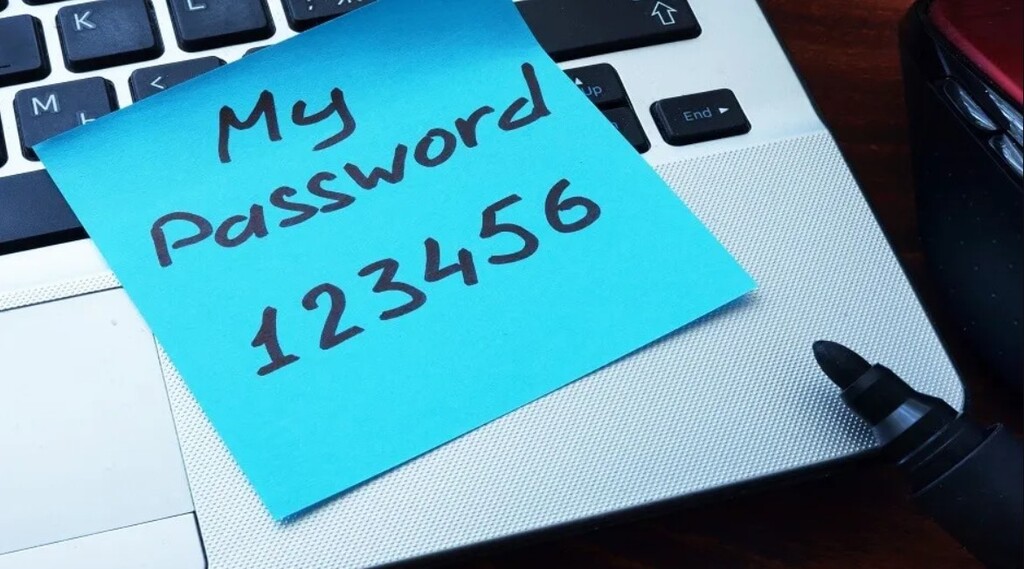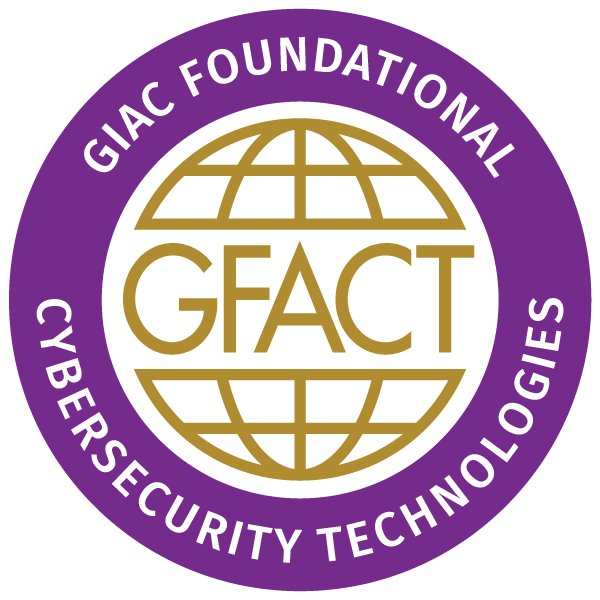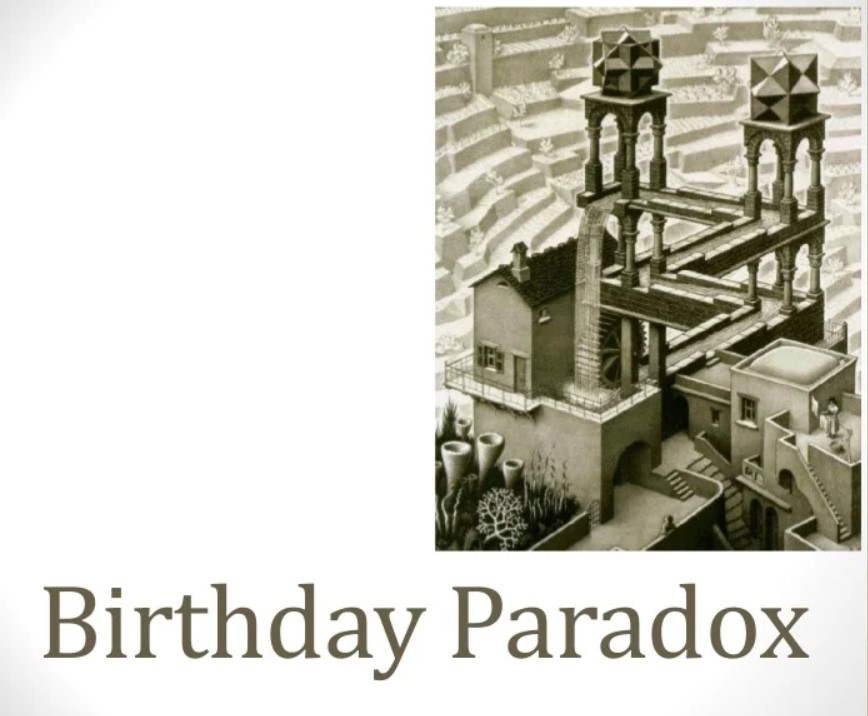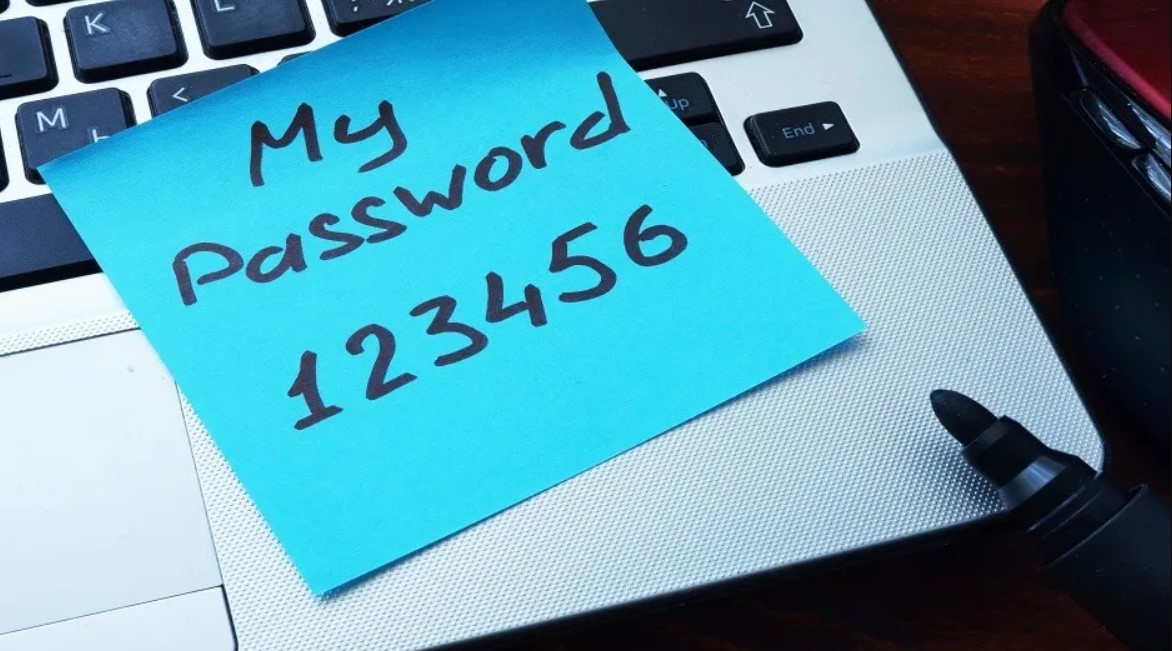
Passwords are used to secure personal and sensitive information, and they act as the first line of defense against unauthorized access to an account or system. Password length and complexity are both important factors in ensuring password security, but when it comes to prioritizing one over the other, password length is generally considered more important than complexity.
Here are the reasons why:
- Longer passwords are harder to crack: A password’s strength is determined by its ability to withstand attacks from hackers or automated cracking programs. Longer passwords with more characters are generally harder to crack than shorter ones because they offer more possible combinations that attackers must try to guess. For example, a password that is 8 characters long with mixed case letters, numbers, and symbols may seem strong, but it can be cracked by brute-force methods within a few hours, while a 16-character password with only lowercase letters can take several years to crack.
- Complexity can be easily guessed: Complex passwords with random combinations of letters, numbers, and symbols are difficult for humans to remember, so they are often written down or stored in a digital file. This makes them vulnerable to attacks such as phishing, social engineering, or malware, which can steal the password and compromise the account. Furthermore, many people use the same complex password for multiple accounts, which means that if one account is compromised, all of the others are also at risk.
- Complexity does not guarantee security: A password can be complex but still vulnerable to attacks if it is based on easily guessable information such as birthdays, pet names, or common words. Attackers can use automated tools that can quickly generate combinations of words and numbers to guess such passwords. On the other hand, a longer password with a combination of words or phrases that are not easily guessable is more secure, even if it is less complex.
- Password length is easier to remember: Longer passwords can be easier to remember than complex ones, especially if they are based on phrases or sentences that have personal meaning to the user. This reduces the likelihood that the password will be written down or stored in an insecure location, and it makes it less likely that the user will forget the password and need to reset it frequently.
In conclusion, while both length and complexity are important factors in password security, length is generally considered more important because it provides a stronger defense against brute-force attacks and is easier to remember. A longer password with a combination of words or phrases that are not easily guessable is a better approach to password security than a short, complex password based on easily guessable information.



